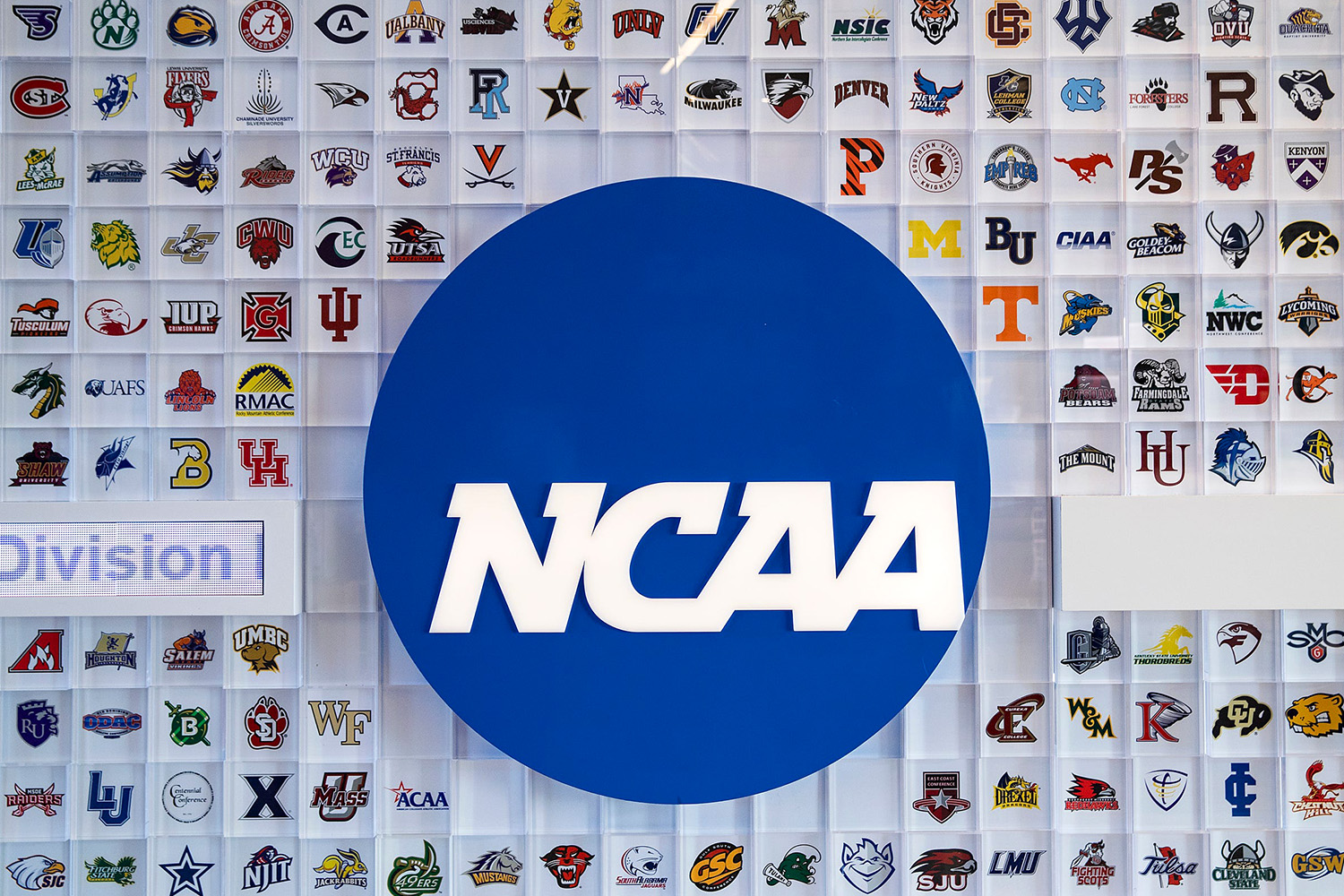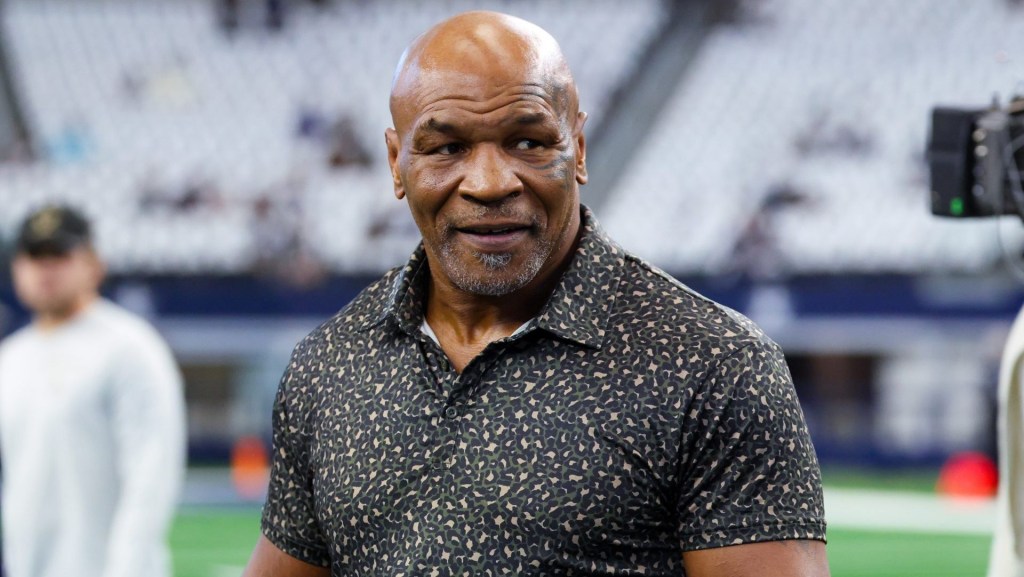Last week, the NCAA announced revised NIL guidelines meant to discourage schools and boosters from using deals as recruiting inducements — and said some programs could be subject to investigation.
But while the governing body attempts to exercise more regulation over NIL, another group is doing the exact opposite: state legislatures.
Since 2019, 24 states have passed NIL laws, according to a Bloomberg tally.
Originally, the laws were put in place to ensure that athletes could participate in NIL even if the NCAA didn’t change its own policy. Now it’s clear that some laws prohibit moves that could help schools with recruiting — like the ability for athletic department staff to arrange deals for athletes.
Many states are now repealing or amending their laws to help their local schools:
- In February, Alabama became the first state to fully repeal its law.
- An amendment to Missouri’s law allowing schools to arrange deals was passed last week and awaits the governor’s signature.
- Mississippi passed a similar amendment.
- Legislators in Florida are considering loosening their restrictions, as well.
Enforcement Conundrum
As the Bloomberg article pointed out, it’s unclear how states plan to police deals that violate their own laws. So far, none have publicly punished schools or athletes for NIL activity.
It may not behoove them to reprimand their own local schools and athletes, either. That alone could make a state look like a less-than-friendly destination for an athlete seeking deals.






![[Subscription Customers Only] Jun 15, 2025; Seattle, Washington, USA; Botafogo owner John Textor inside the stadium before the match during a group stage match of the 2025 FIFA Club World Cup at Lumen Field.](https://frontofficesports.com/wp-content/uploads/2026/02/USATSI_26465842_168416386_lowres-scaled.jpg?quality=100&w=1024)
![[Subscription Customers Only] Jul 13, 2025; East Rutherford, New Jersey, USA; Chelsea FC midfielder Cole Palmer (10) celebrates winning the final of the 2025 FIFA Club World Cup at MetLife Stadium](https://frontofficesports.com/wp-content/uploads/2026/02/USATSI_26636703-scaled-e1770932227605.jpg?quality=100&w=1024)









